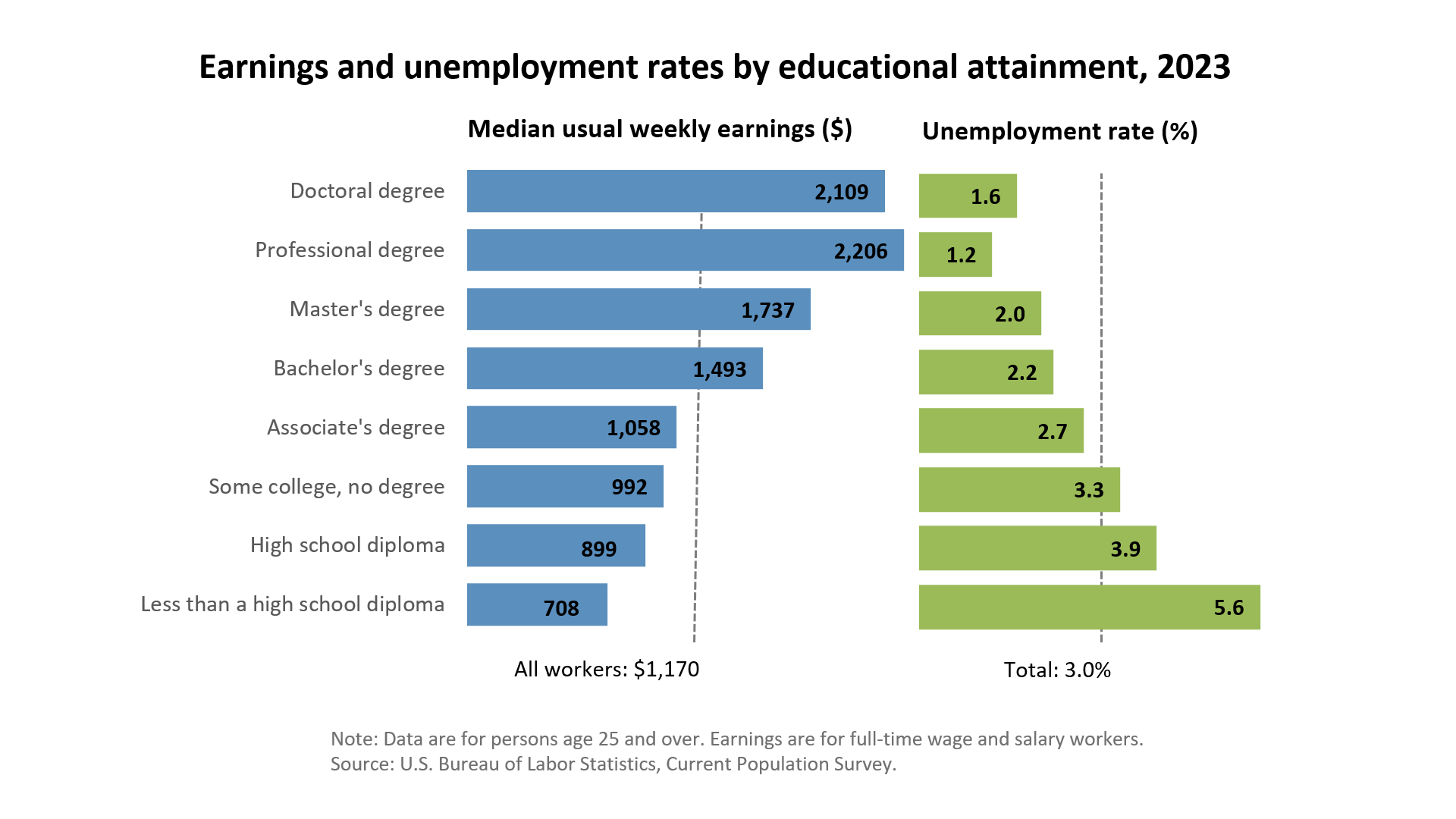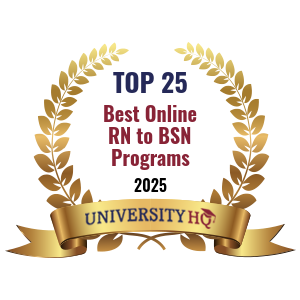University Headquarters (HQ) is an industry-leading, independent educational organization that provides independent college rankings using a proprietary formula to create first class unbiased rankings. The team at University HQ strives to provide accurate and trustworthy rankings that highlights the best programs.
Get Matched With Online Colleges
When you get to the university for check-in, it’s natural to look around and wonder how you’ll ever learn your way around. And this campus is big. As in “You’ll have a long walk from one class to another, so you’d better hurry.”
Search All Programs
Overview of University of Utah
If you visit before deciding to enroll, you might want to take your time looking around. You’ll see the student union, university bookstore, a golf course, the Ute Natatorium, and many other locations on campus. Salt Lake City is a mid-size city, so you’ll probably need to get used to where things are there, as well. When you have time, you can drive around or take an Uber to go from the campus to get something to eat or do a little shopping.
The student population is fairly large for a university, totaling nearly 33,000 with a relatively high student-to-faculty ratio of 17 to 1.
General Information
| School Type | Public |
|---|---|
| Campus Setting | City: Midsize |
| Campus Housing | Yes |
| Student Faculty Ratio | 17:1 |
| Graduation Rate | 70% |
| Year Founded | 1850 |

Student Enrollment
Total Students32,852
24,485
8,367
Undergraduate Student
Male 12,977
Female 11,508
Graduate Student
Male 4,435
Female 3,932
Explore Map
Top Rankings For University of Utah
Admissions
APPLICATIONS24,404
ACCEPTANCE15,130
Acceptance Rate62%
Enrollment 4,237
| Admissions | |
|---|---|
| Application Fee | $55 |
| High School GPA | Required |
| High School Rank | NA |
| High School Transcripts | Required |
| College Prep Courses | Considered But Not Required |
| Recommendations | NA |
| SAT/ACT | Required |
| TOEFL (Test of English as a Foreign Language) | Required |
| Application Deadline | April 1 |
| Common Application Accepted | Yes |
Tuition Cost & Financial Aid
You and your parents may receive a “sticker price” quote of the total charges for attending the University of Utah. This includes tuition (in- or out-of-state), books, supplies, room, board, and other charges. All together, this came out to $23,869 for the 2019-2020 academic year. However, this cost does not take into account any financial aid that may be applied to your charges.
Because of financial aid, you may not have to pay this full cost. The 2018-2019 academic year’s average net price was $13,739. This is the average that was left for students to pay after financial aid and scholarships had been applied. If your family earned between $48,001 and $75,000, they paid around $14,501; those earning less than this can expect an even more generous aid package.
About 85% of first-year students qualified for financial aid in recent years. Of that percentage, 76% received $8,314 in grants or scholarships and 70% received $6,343 in institutional grants and scholarships.
| Average net price | 2018-2019 |
|---|---|
| Net Price | $13,739 |
| Average Total Aid | $8,314 |
| Students Receiving Financial Aid | 85% |
| Room & Board | $10,684 |
Sticker Price
- Tuition In-State - $8,615
- Tuition Out-of-State - $27,220
- Books and Supplies - $996
- Room & Board - $10,684
- Other - $3,574
Academics
Take a look at the most popular degree programs. While they may not be what you are planning to major in, having an idea of what they are is good to know. Many students will be in these majors or related ones. These degree programs include social sciences; business, management, marketing and related programs; engineering, health professions and related programs; and visual and performing arts.
If you look through your class schedule for the upcoming academic semester and realize that your work hours conflict with one or more of your classes, you’ll have some options. University of Utah offers evening classes and distance learning (online classes), though not for every class available. If one or both of these options will allow you to take all of your classes and keep your job, choose whichever you prefer. Graduating on time usually means you’ll have less debt when you graduate.
Three statistics you should check out when you are considering what school to attend are the retention rate, and the 4-year and 6-year graduation rates. The retention rate, 89% at the University of Utah, measures the percentage of first-year students who return to the campus for their second year of classes. The 4-year graduation rate (31%) and 6-year graduation rate (67%) keep track of how many students graduate within 100% or 150% of normal time. This can give you a snapshot of what attending the school might be like since schools with particularly low retention rates may not provide enough services for freshman and those with severely low graduation rates may have other, systemic issues.
Retention
Rate
4 year
Graduation
Rate
6 year
Graduation
Rate
Student Population Total
Student Population 32,852
24,485
8,367
Most Popular Programs & Majors
(# of Diplomas Awarded by Subject)
| All Social Science Majors | 677 Total Graduates / 13% |
|---|---|
| Economics, General | 191 Graduates |
| Political Science and Government, General | 142 Graduates |
| Sociology | 133 Graduates |
| Social Sciences, General | 78 Graduates |
| All Business Majors | 649 Total Graduates / 12% |
| Business Administration and Management, General | 208 Graduates |
| Accounting | 165 Graduates |
| Marketing/Marketing Management, General | 120 Graduates |
| Finance, General | 107 Graduates |
| All Engineering Majors | 497 Total Graduates / 9% |
| Mechanical Engineering | 169 Graduates |
| Chemical Engineering | 86 Graduates |
| Bioengineering and Biomedical Engineering | 65 Graduates |
| Civil Engineering, General | 52 Graduates |
| Health Professions and Related Programs | 407 Total Graduates / 8% |
| Registered Nursing/Registered Nurse | 194 Graduates |
| Public Health Education and Promotion | 113 Graduates |
| Audiology/Audiologist and Speech-Language Pathology/Pathologist | 32 Graduates |
| Clinical Laboratory Science/Medical Technology/Technologist | 27 Graduates |
| Visual and Performing Arts | 355 Total Graduates / 7% |
| Film/Cinema/Video Studies | 139 Graduates |
| Art/Art Studies, General | 58 Graduates |
| Music, General | 43 Graduates |
| Drama and Dramatics/Theatre Arts, General | 40 Graduates |
| All Other Diplomas | 51% |
Outcome & Salary
You can look at the outcome for previous graduates in order to give you an idea of what you might expect when you graduate from the University of Utah. Graduate’s early-career salaries averaged around $59,100 and their mid-career salaries increased to $112,200.
The average 4-year cost of education at this school is $54,956, which can help you analyze the outcomes for previous graduates. Their 10-year salary earnings potential was $742,010 and their 20-year potential was $1,864,010. If you subtract the cost of education from these two numbers, you’ll see what their average return on investment (ROI) was. That gives them a 10-year projected ROI of $687,054 and a 20-year ROI of $1,809,054.
On the other hand, high school graduates who don’t go to college earn a national average salary of $38,792. Their 10-year projected income is $387,920 and their 20-year projected income is $775,840.
| Graduates Salary | |
|---|---|
| College Grads Early Career Salary | $59,100 |
| College Grads Average Salary | $74,201 |
| College Grads Mid Career Salary | $112,200 |
| Return on Investment (ROI) | |
|---|---|
| 10 Year Salary Earnings Potential | $742,010 |
| 20 Year Salary Earnings Potential | $1,864,010 |
| Cost of Education (Net Price) 4 Year | $54,956 |
| 10 Year Projected ROI | $687,054 |
| 20 Year Projected ROI | $1,809,054 |
| No College Education Salary Comparison | |
|---|---|
| National Average Salary | $38,792 |
| 10 Year Projected Income | $387,920 |
| 20 Year Projected Income | $775,840 |

Photos & Videos
sources:
Related Top College Resources






















